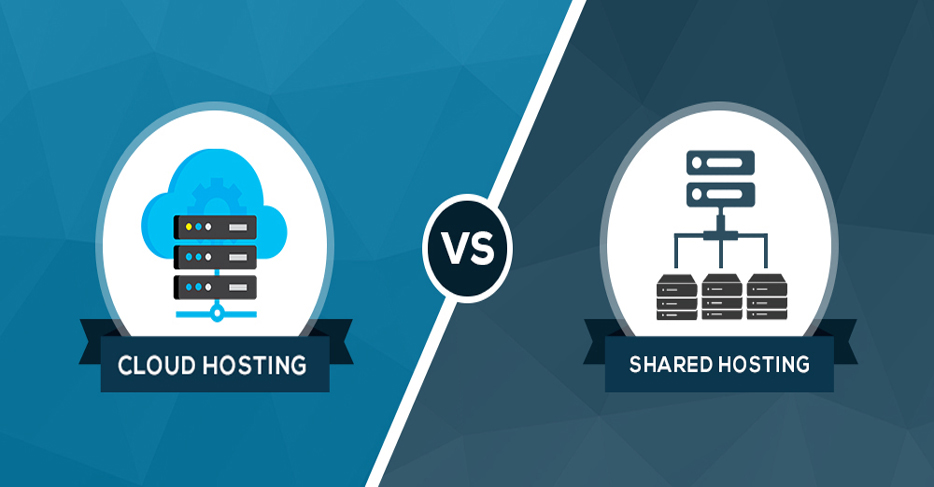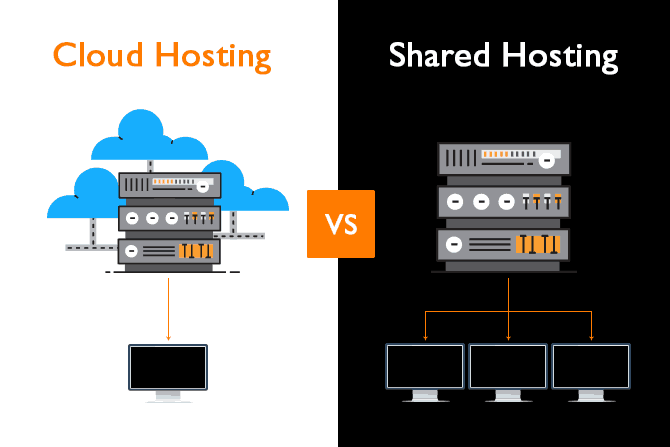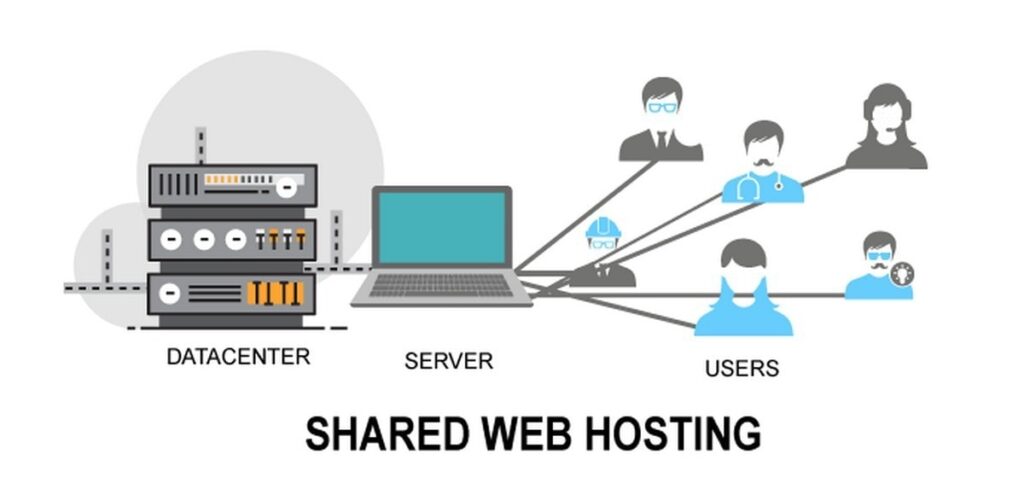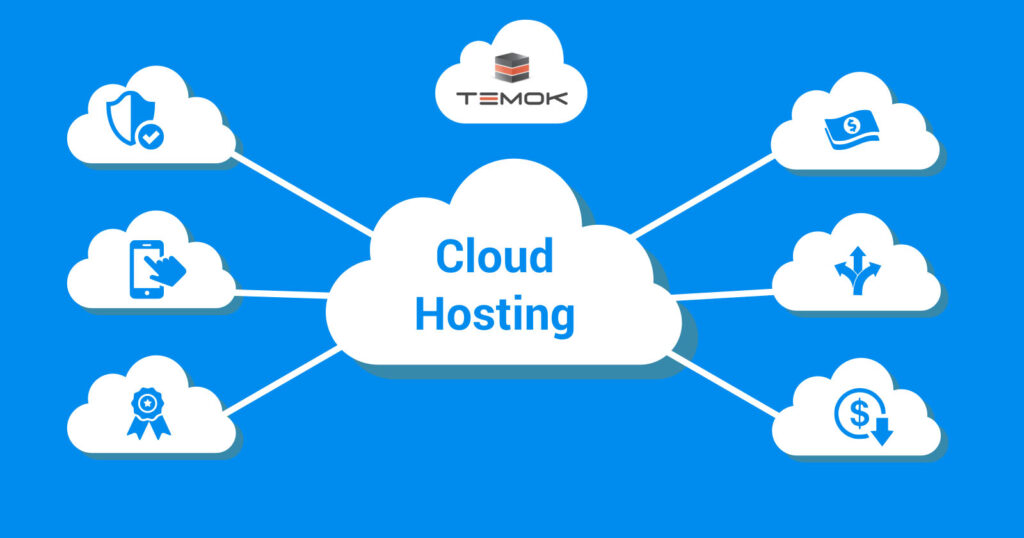Your company’s website is everything – if it doesn’t work, your brand and your bottom line can be significantly affected. There are several web hosting companies that can provide different types of hosting for your website. These options range from virtual private servers (VPS) to standard shared hosting.
One of the main distinctions in these services is between shared hosting and cloud web hosting. Both services are at similar levels, providing basic web hosting functions, but through completely different processes.
While some may argue that one is better than the other, the type of hosting that works for your business depend a lot on your individual needs.
Holly Rollins, president of digital marketing company 10x Digital, said shared hosting and the cloud hosting have advantages for business owners. 10x Digital also offers web hosting services.
Rollins said that while shared hosting can be cheaper, cloud hosting is more secure and easier to scale.
The right hosting “depends on the type of traffic your website receives and the type of money you are willing to spend,” he said. “Business owners need to decide what the highest priority is.
You can always change or upgrade later if you find that shared hosting doesn’t offer the features or speed you need.”
There are some important differences between shared and cloud hosting. Understanding the difference can help you choose the best type of service for your business.
What Is The Difference Between Cloud And Shared Hosting?
The difference between shared and cloud hosting is how each is organized. Shared hosting servers are servers with multiple websites on them.
Web hosting companies create and maintain these servers and put various websites on them. This means that if your site is hosted on a shared server, it will compete for the same resources as many other sites.
Some companies pack a ton of websites on each server, which can limit the speed and performance of your website. It may also have some security limitations.
“As soon as a hacker has access to a website, it leaves other websites on the server vulnerable as well,” Rollins said.
Cloud hosting is a service that exists on multiple servers. Rather than on a shared server, your website is hosted in the cloud.
This means that the company can host its website between servers as it adjusts for peak performance and other stresses.
Cloud hosting is more dynamic than shared hosting, and that means it can perform better and be more secure than some shared hosting services.
Which is Better?
As always, the short answer to that question is that it depends. The service that works best for your business will depend on your needs.
If you are looking for an inexpensive hosting option that has solid resources and can handle your current traffic levels, shared web hosting can be a great option for your business.
“Shared hosting is the traditional method of hosting and can be a good inexpensive option for many smaller businesses,” Rollins said. “It can also be easier to use when it comes to features.”
Cloud hosting is ideal if you have high traffic or peak visits, or need in-depth security features. Rollins recommended cloud hosting services for e-commerce businesses and businesses with high traffic demand.
“Since you don’t depend on a single dedicated server, if a problem arises, your site can be easily and quickly migrated to another server,” he said. “If you have a very large website with a lot of resources on the back end and you are experiencing speed issues, cloud hosting is a good option.”
Cloud Hosting Is More Expensive
One thing to consider with cloud hosting is that, given its performance and scalability advantages, it is significantly more expensive than shared hosting services. Some shared hosting plans can be purchased for a few dollars a month, while cloud hosting plans will cost between $ 15 and $ 20 a month.
As with any service, you get what you pay for, and Rollins said business owners should consider their priorities before looking for web hosting services.
Cloud hosting services come with more security and performance features, while shared hosting services can provide a small business in need of a basic website.




2 Comments
August 19, 2020
Hi there,
Could you kindly specify which cloud hosting services/providers would you recommend? Something that has a good balance of speed, security, and affordability.
August 19, 2020
There are many good Cloud hosting providers available in the market.